Few people can claim the kudos of saying they fly to work by helicopter, but for the Group Director and CEO of the textiles and apparel division of Bangladesh Export Import Company (BEXIMCO), Syed Naved Husain, his high-flying journey to the BEXIMCO Industrial Park on the outskirts of Dhaka this year is bittersweet.
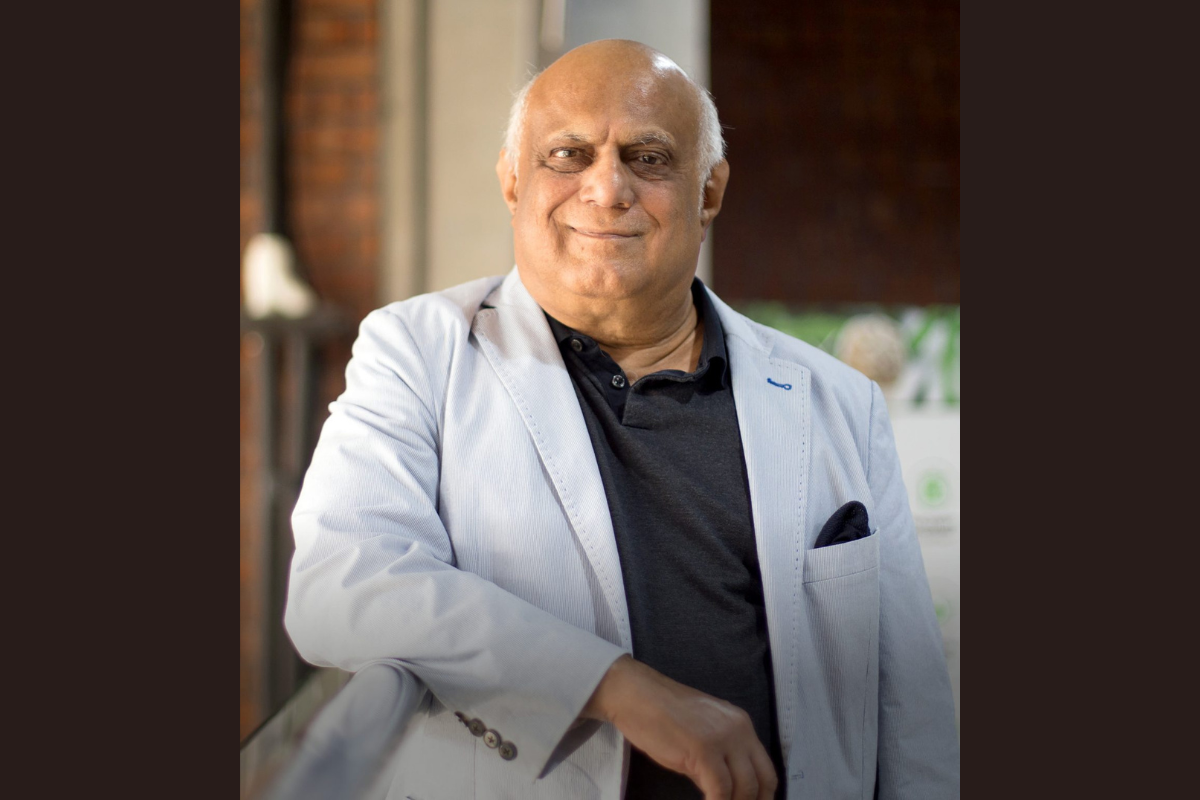
This issue of sustainability, global warming, it’s real, and now everyone is actually feeling the impact.
From the sky, he has firsthand exposure to the damage that climate change is wreaking on his homeland of Bangladesh.
“Every year when I come during the monsoon season, when I look down, I see water. This year, there was no water, because we didn’t have a monsoon,” he tells The CEO Magazine.
With his work regularly taking him further afield, he has noticed other disruptions during his travels – flooding in Pakistan and gale-force winds in Chicago.
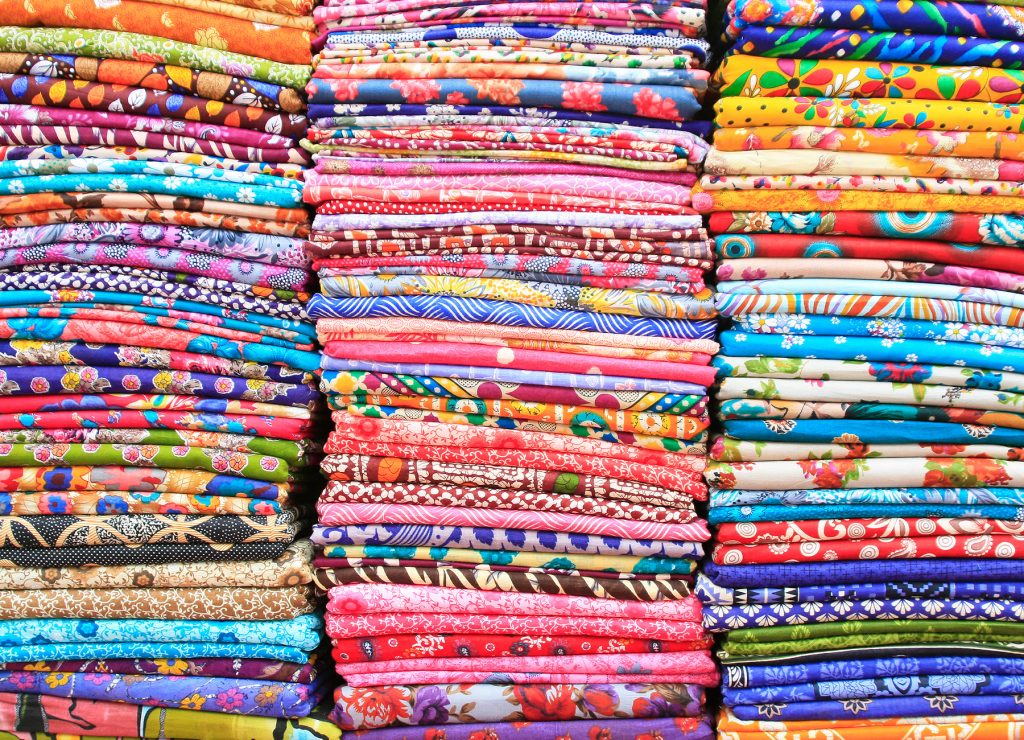
“So this issue of sustainability, global warming, it’s real, and now everyone is actually feeling the impact,” he reflects. “For the fashion industry, I think this will be a big thing.”
Traceability and transparency will be key in ensuring the industry lives up to the highest standards, according to Husain, as will government regulation. “The Europeans have already taken some strong actions,” he says.
But he stresses that BEXIMCO Textile Division certainly has no intention of being left behind on the sustainability front as it works towards the group’s common goal of “taking Bangladesh to the world”.
Taking the lead
Funnily enough, the COVID-19 pandemic, with its many disruptions, actually proved to be a period of opportunity for the business, providing it with the opportunity to streamline and enhance its existing operations.
Instead of downsizing, as so many wary businesses chose to do, BEXIMCO instead opted to invest – to the tune of US$640 million.
Husain took the opportunity to transform the company’s business model and shift from an historic reliance on imported cotton to instead incorporating innovative new fibers and recycling into the company’s production processes as it pursues a more sustainable future.
“I don’t see a big future for cotton and particularly organic cotton because cotton is not a good crop,” he explains. “You only have one crop a year and it’s a water guzzler so it has to be irrigated. And when you use the old irrigation systems to do this, you end up losing about 25 percent of the water used.” As an additional drawback, if the cotton is not organic, it damages the soil, he adds.
Instead, BEXIMCO sees great potential in hemp, investing heavily in research and development to develop new technology that will end its reliance on less sustainable textiles forever.
“Hemp, by its nature, is organic – it actually makes the soil richer, does not require any irrigation and you have multiple crops,” Husain points out. Not only that, but it offers ultraviolet protection.
But it’s not without its issues, primarily its “hard feel”. “There are French companies which do mechanical recycling, but we came up with a new process where we can make it as soft as cotton and I think that’s going to be a game-changer,” he says, excitedly.
On the water front, BEXIMCO has implemented Jeanologia’s 5.0 laundry technologies which include replacing water with “smart foam”, bleach with ozone, and swapping chemicals out in favor of lasers.
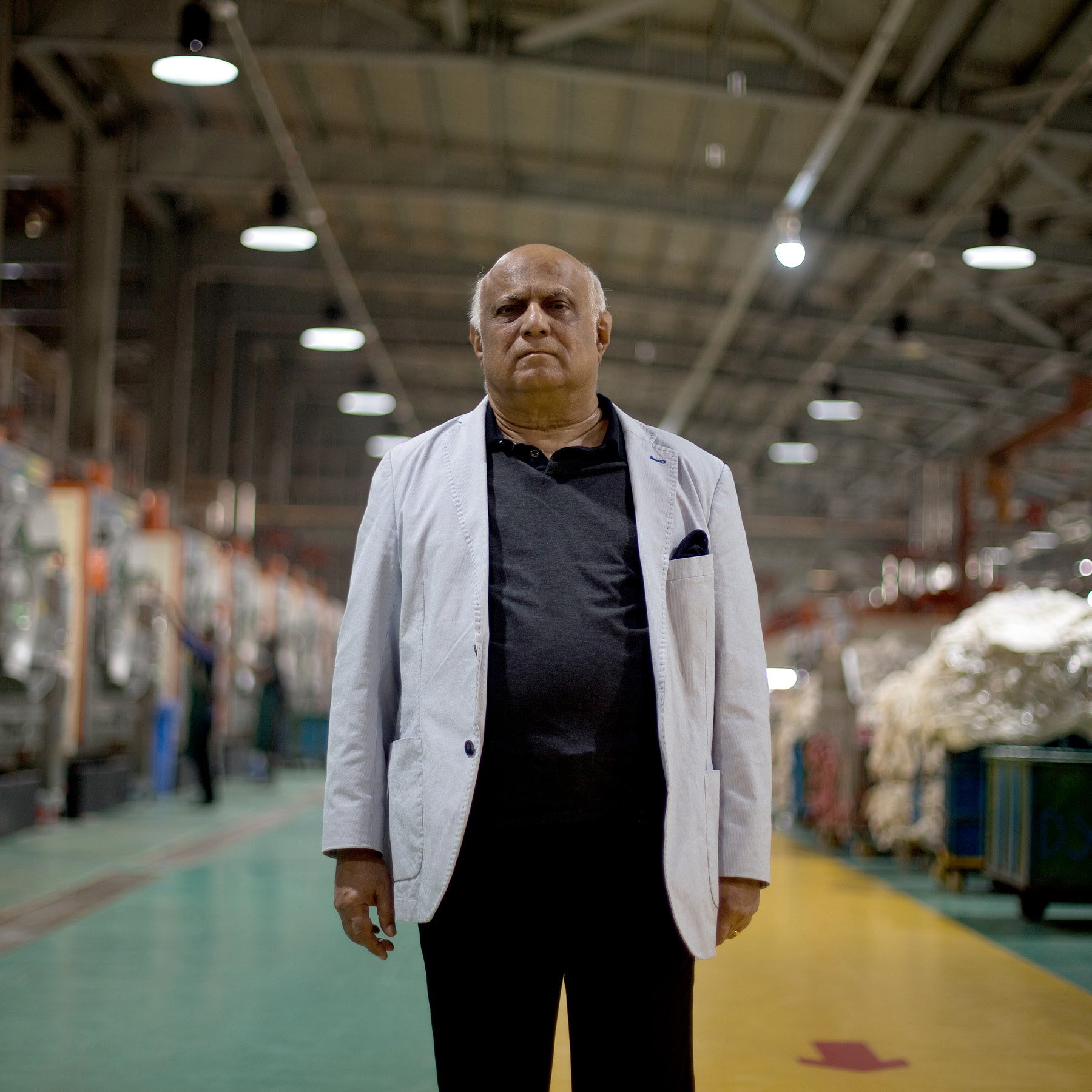
The big thing which is happening in this industry is recycling – how do you take post-industrial waste and recycle it? How do you take post-consumer waste and recycle it? And how do you recycle it to make it sustainable?
“We can wash a pair of jeans with no water or a bottle of water, and with very little water consumption and no chlorine, no potassium permanganate, no stones, and we can get the same results,” Husain says.
These changes mean the company’s fresh water usage has dipped to just one liter per garment, down from 70 liters – a saving of up to 3.4 million cubic meters of water each year. It has also adopted a “very advanced, state-of-the-art affluent treatment” supported by a reverse osmosis system which cleans the water to such an extent that it becomes drinkable.
“Fashion is accused of being a non-sustainable industry because 7.5 billion people buy clothes. And fast fashion means that they wear it for two seasons and throw it away almost as if it’s disposable,” Husain stresses.
“So the big thing which is happening in this industry is recycling – how do you take post-industrial waste and recycle it? How do you take post-consumer waste and recycle it? And how do you recycle it to make it sustainable?”
An innovative approach
These are all questions that BEXIMCO is attempting to answer through its partnership with Spanish company Recover, which transforms textile waste into sustainable recycled fibers. Together, they have set up a facility to generate recycled fabrics with twelve machines running by the end of last year.
According to Husain, this impressive tally makes Bangladesh the “biggest recycler of post-industrial waste in the world”.
The company also has plans to set up a collection system on a global scale which will feed into its Recover facility. “There, this post-consumer waste will be recycled, color-blended, made into a garment and then shipped back to Europe or America,” he says.
These are all substantial achievements during a period that businesses across the board have found challenging. And it doesn’t stop there. “We put up a washing plant, which has a capacity of six million, and now with some additional machines, we’ll go to eight million pieces a month, making it the largest and most sustainable washing plant under one roof,” Husain proudly states.
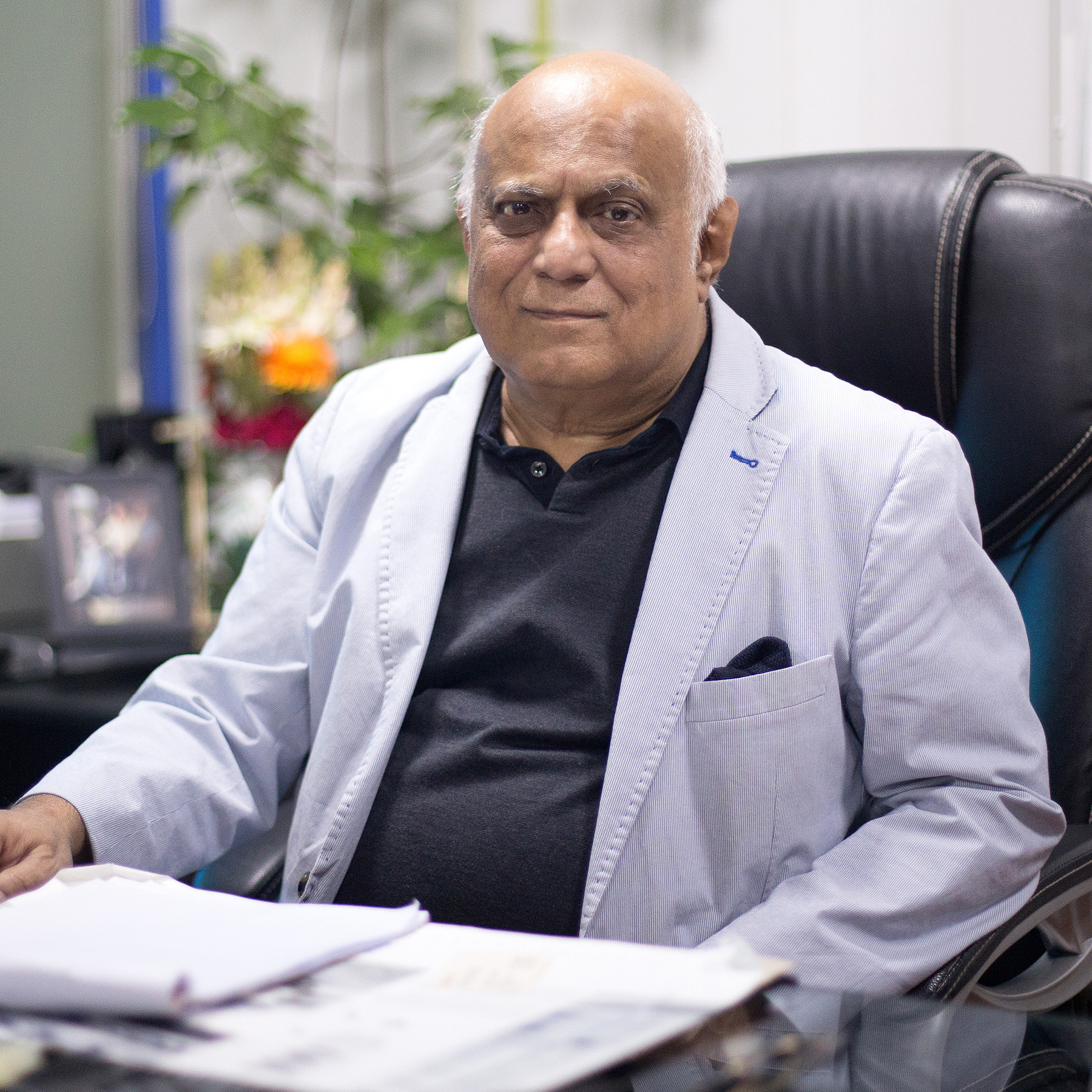
When the fashion business had come to a halt and all the retail shops were closed, we covered that by combining fashion with a clean room pharmaceutical environment, and that became PPE.
“Next to that, we put up a denim operation, which will do five million yards [4.6 million meters], but of very high-end denim with a lot of customization in the robe dying and also in the finishing and leaving.”
He also decided to upgrade the company’s “legacy” denim plant, Bangladesh’s first, which had been operational since 1994. “Rather than demolishing it and just keeping the new plant, we’ve upgraded it, fixed it up, and put in brand-new machines and increased the capacity to two and a half million yards [2.3 million meters].”
Pivoting for success
Another major move for BEXIMCO during this unprecedented period was its entry into the personal protective equipment (PPE) market. “During the COVID-19 pandemic, we had 40,000 people in this park, and the idea was that we didn’t have to downsize or cut any pay,” Husain recalls.
“So when the fashion business had come to a halt and all the retail shops were closed, we covered that by combining fashion with a clean room pharmaceutical environment, and that became PPE.”
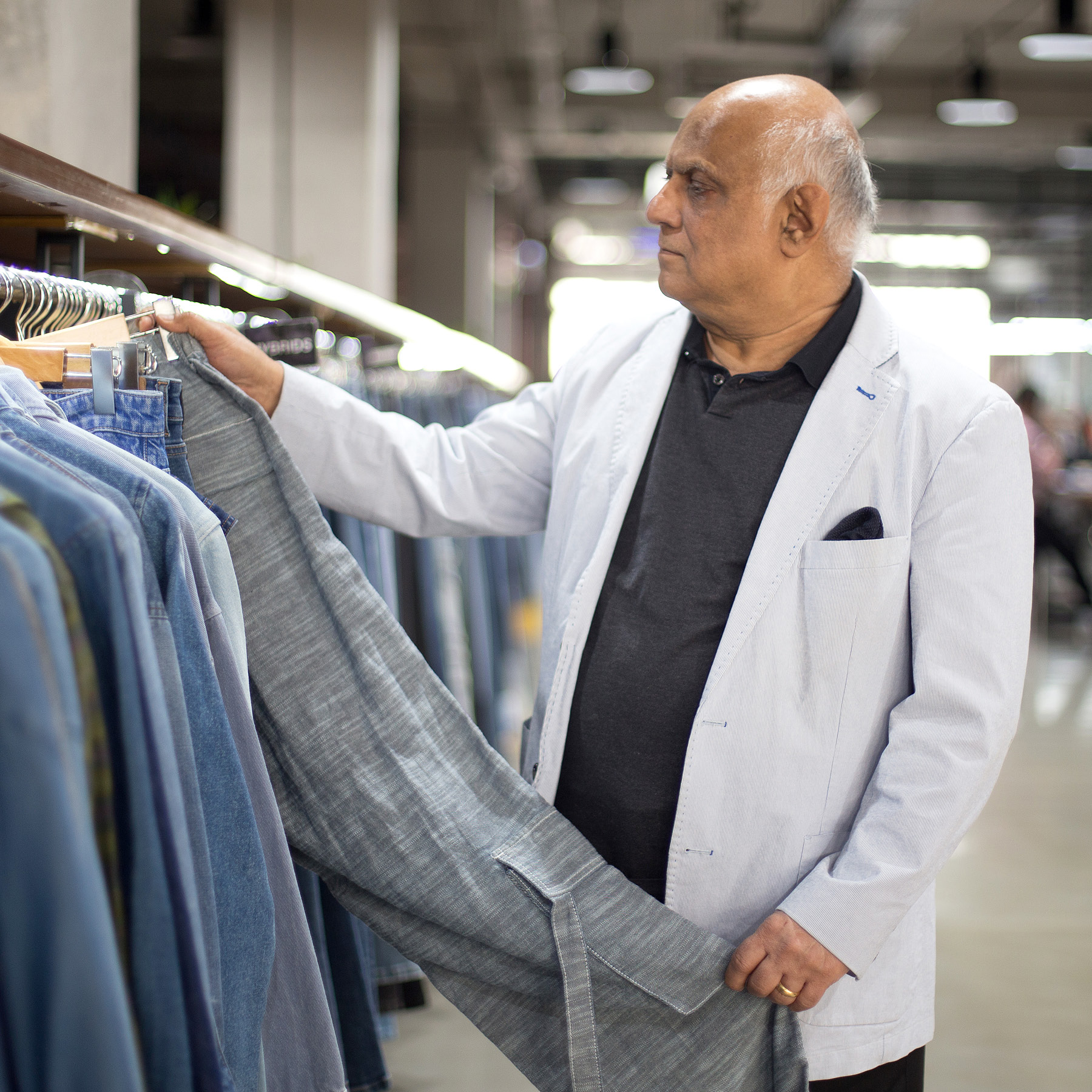
Making this heavy investment during the pandemic has really paid off, because if we had got cold feet and not done it then and instead decided to do it now, it would have cost me 400 percent more.
In a very short time, the company was able to ship 6.5 million pieces to support the US Federal Emergency Management Agency as it battled the pandemic. It is a business unit that continues to thrive, making it one of BEXIMCO’s fastest expanding business units.
“Making this heavy investment during the pandemic has really paid off, because if we had got cold feet and not done it then and instead decided to do it now, it would have cost me 400 percent more,” Husain reflects.
Indeed, by looking at the business from all angles, including that high-flying bird’s-eye view, it appears as though he has every base covered as he helps secure Bangladesh’s spot on the business map.
Sponsored by: Eliar
Helping customers prepare for the transformation of the textile industry within the framework of sustainable production.
Read More



